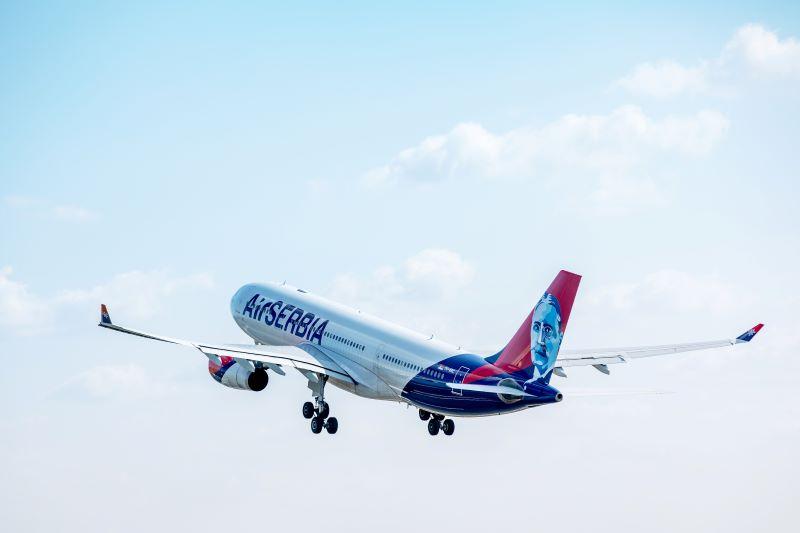Airlines From Serbia, Uzbekistan Limit Russian Connectivity

Credit: Air Serbia
Air Serbia and Uzbekistan’s Qanot Sharq have limited flights to Russia just two weeks after an Azerbaijan Airlines (AZAL) Embraer E190 crashed near Aktau, Kazakhstan, after experiencing an outside impact over Grozny, Russia, on Dec. 25. The AZAL crash killed 38 out of 67 people aboard. Before Air...
Subscription Required
Airlines From Serbia, Uzbekistan Limit Russian Connectivity is published in Aerospace Daily & Defense Report, an Aviation Week Intelligence Network (AWIN) Market Briefing and is included with your AWIN membership.
Already a member of AWIN or subscribe to Aerospace Daily & Defense Report through your company? Login with your existing email and password.
Not a member? Learn how you can access the market intelligence and data you need to stay abreast of what's happening in the aerospace and defense community.




